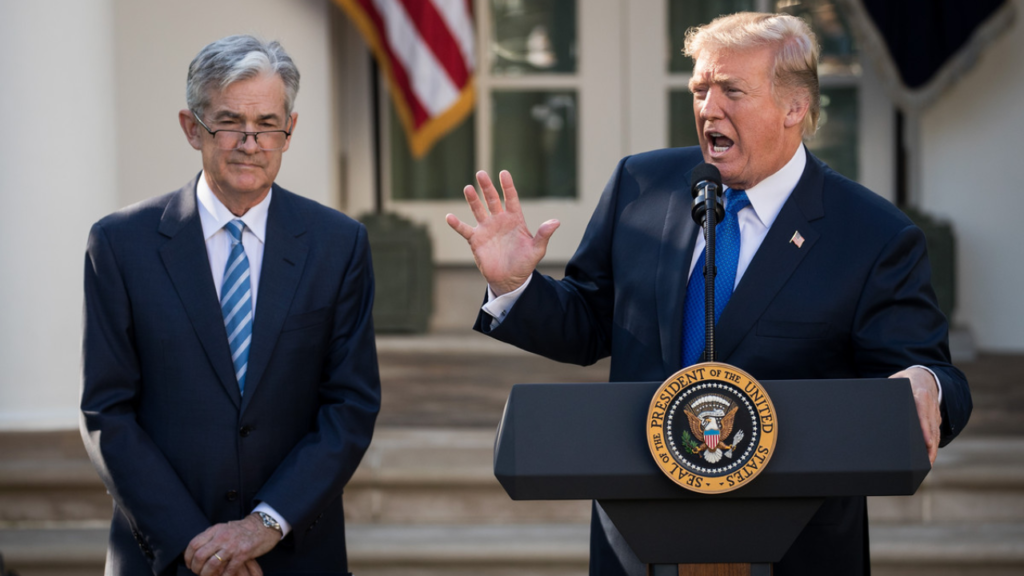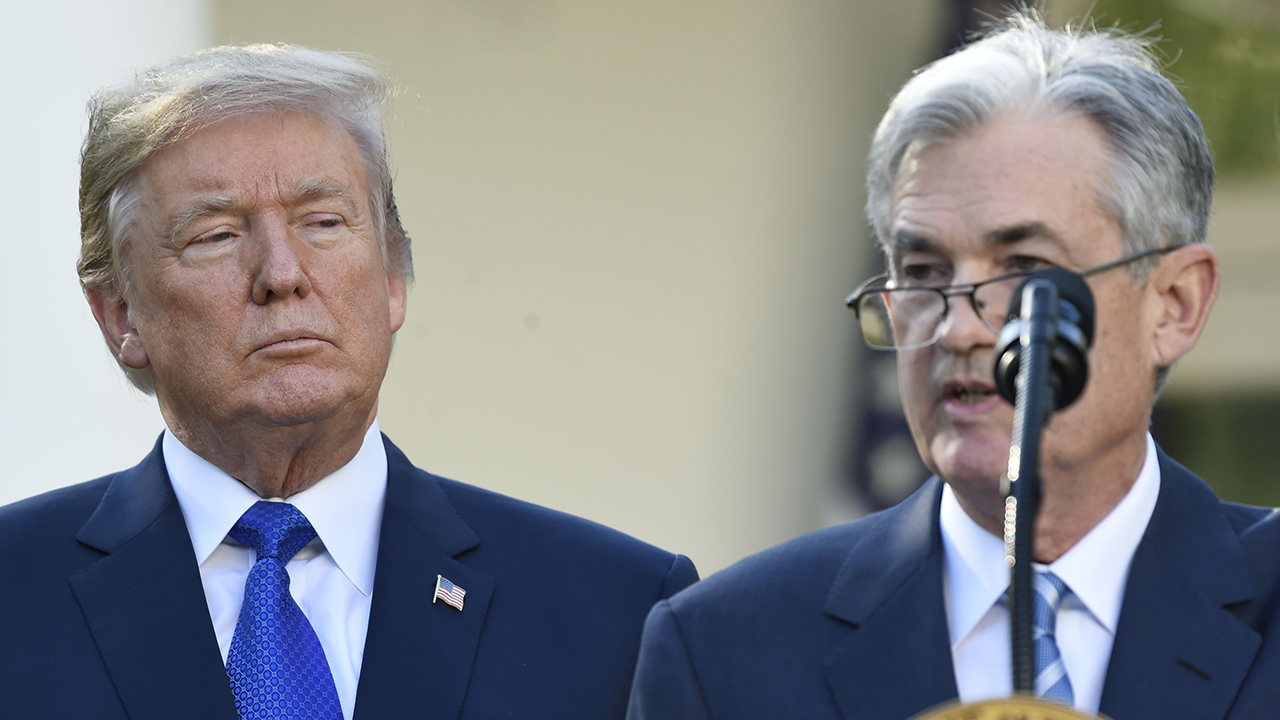In recent statements, Federal Reserve Chairman Jerome Powell has predicted challenging economic times for the United States.
Powell, who has been at the helm of the central bank since 2018, shared his concerns about inflation and rising interest rates.
His comments have sparked intense reactions from various corners of the political landscape, particularly from former President Donald Trump, who has been vocal in his criticism of Powell’s policies.
Powell, in his recent testimony before Congress, acknowledged that the economy was facing significant challenges. He pointed to the persistent inflationary pressures that have been plaguing the U.S. for over a year.
Powell stated that the central bank would continue to raise interest rates to combat inflation, but this could lead to slower economic growth and higher unemployment rates.
While he remains committed to taming inflation, Powell warned that the path ahead would likely involve some economic pain, especially for those who rely on lower borrowing costs for purchasing homes or funding businesses.
Trump, on the other hand, has been highly critical of Powell’s handling of the economy. In a series of posts on social media and public interviews, the former president has called for Powell’s resignation, claiming that his policies are harmful to the American people.
Trump argues that Powell’s rate hikes are stifling economic growth and hurting small businesses. He has even gone so far as to suggest that the central bank should adopt more aggressive measures to lower rates and stimulate economic growth.
The disagreement between Powell and Trump reflects a broader divide over how to manage the U.S. economy in the face of high inflation.
While Powell and many economists argue that raising rates is necessary to bring inflation under control, critics like Trump believe that the Fed’s actions are too harsh and will lead to unnecessary economic hardship.

The issue of inflation has become a central topic in the upcoming presidential election. Candidates from both parties are likely to weigh in on the Fed’s policies, with some advocating for more immediate relief for consumers, while others support Powell’s approach.
Regardless of the political debate, one thing is clear: the U.S. economy is facing significant challenges, and the path to recovery may be longer and more painful than many Americans had hoped.
As the situation continues to unfold, Powell remains focused on his goal of bringing inflation down to the Fed’s target level.
However, with growing political pressure and economic uncertainty, it remains to be seen whether his predictions of economic pain will come to fruition and how the public will respond to the potential consequences of the Fed’s actions.
In the coming months, all eyes will be on Powell and the Federal Reserve as they navigate these turbulent economic waters.
The decisions made by the central bank will undoubtedly have a lasting impact on the U.S. economy, and the debate over how best to address inflation will likely continue to shape the political discourse for years to come.
Disclaimer- Our team has thoroughly fact-checked this article to ensure its accuracy and maintain its credibility. We are committed to providing honest and reliable content for our readers.






